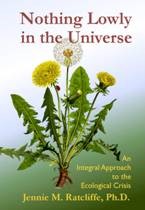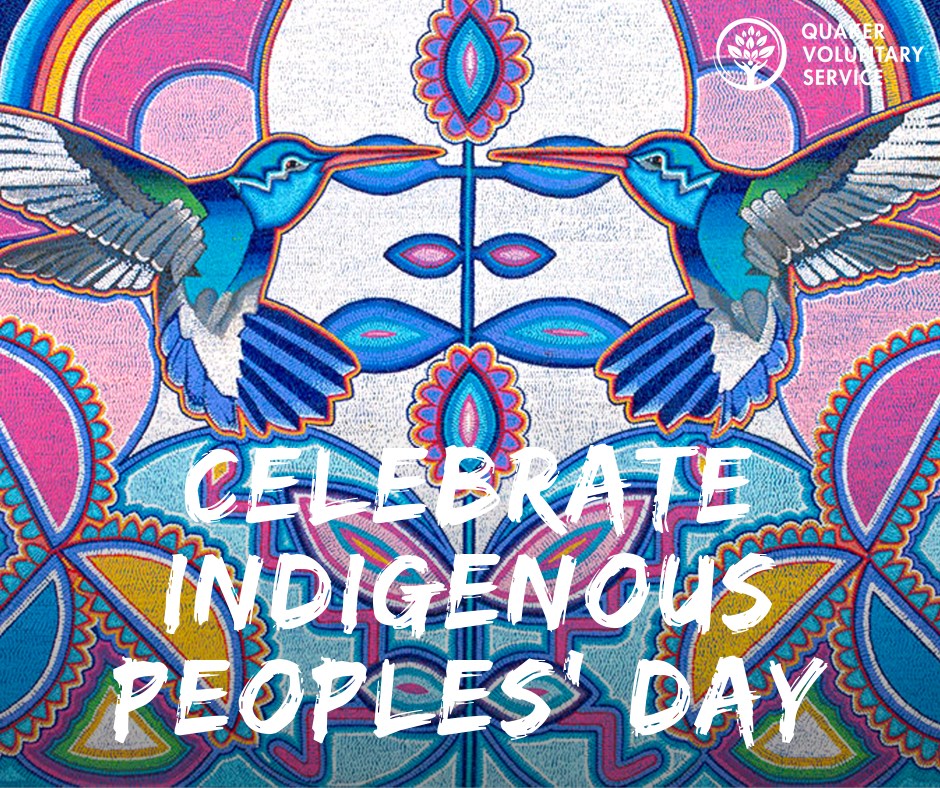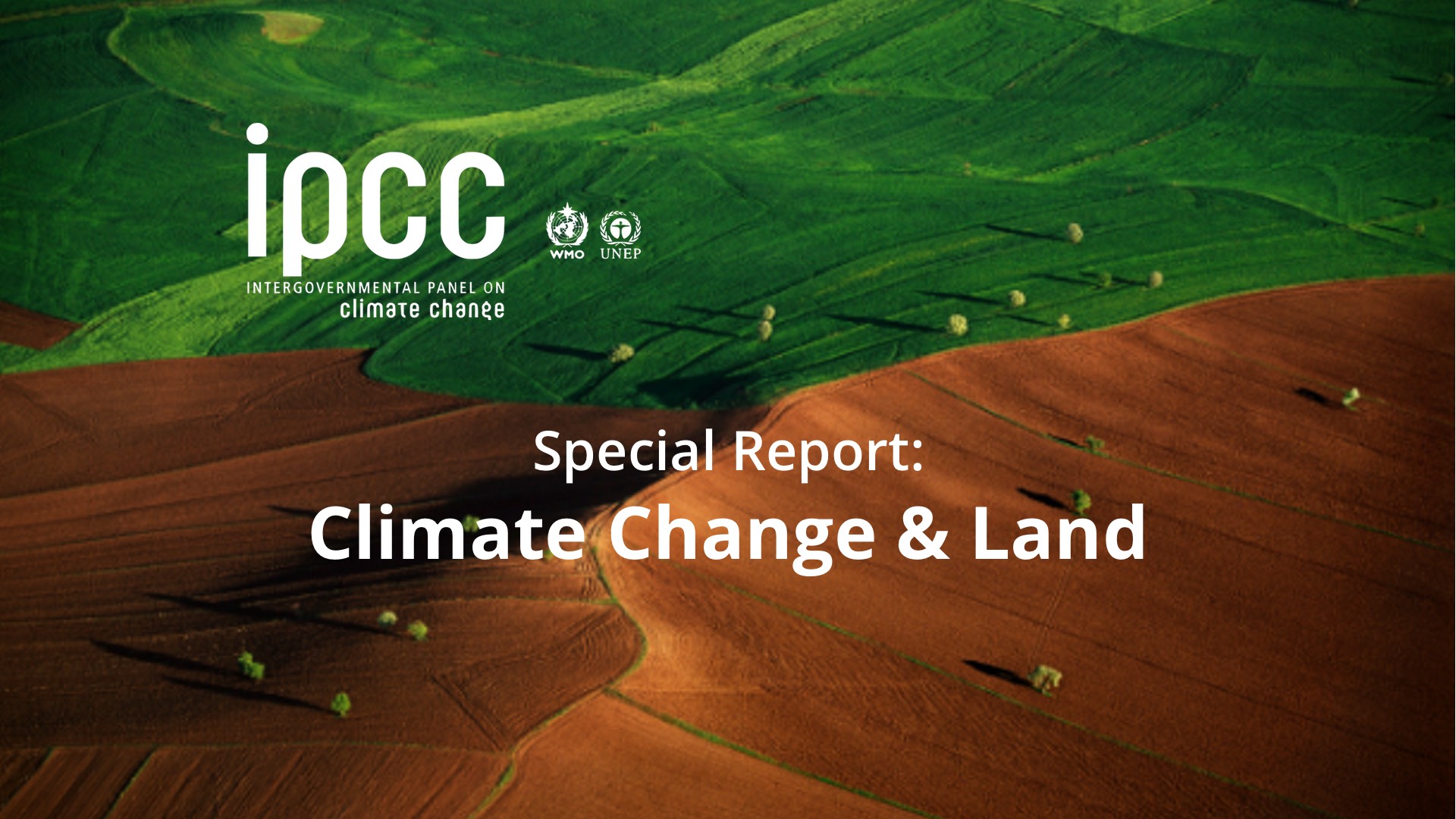
Nothing Lowly in the Universe: An Integral Approach to the Ecological Crisis explores the connections between the scientific, technological, economic, cultural, psychological and religious forces driving the crisis and shows how we can transform the ways of thinking and living that got us here. Drawing on the Quaker testimonies of integrity, reciprocity, nonviolence, simplicity, and the fundamental equality of the whole earth community, on other wisdom traditions, and on the work of visionaries from Gandhi and Arne Naess to E.F. Schumacher and Thomas Berry, Jennie M. Ratcliffe explores the spiritual principles of an integrated deep ecology, economy and peace, and shows how they are being put into practice around the world.
Jennie M. Ratcliffe is an environmental research scientist, Quaker, and activist. She lives in Hillsborough, North Carolina, and is a long-time member of Durham Friends Meeting (NC). She has worked for the US Centers for Disease Control and Prevention, the US National Institute of Environmental Health Sciences, and the Universities of London and North Carolina, and has been active in peace, social and ecological concerns for many years in the Quaker community and beyond.
$27.00 (U.S.) ISBN: 978-1-7336600-0-6
The Crundale Press, Hillsborough NC (imprint).
Distributed by Ingram Content Group worldwide.
For further information please contact: TheCrundalePress@mindspring.com










 QUNO, under the Friends World Committee for Consultation, is the only faith-based organization accredited as an observer to the Intergovernmental Panel on Climate Change (
QUNO, under the Friends World Committee for Consultation, is the only faith-based organization accredited as an observer to the Intergovernmental Panel on Climate Change (